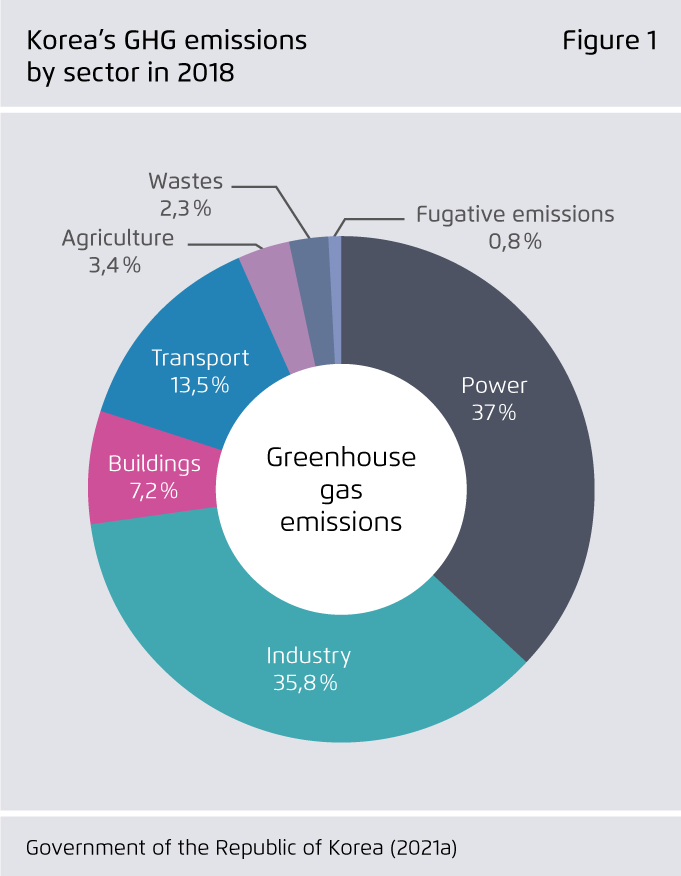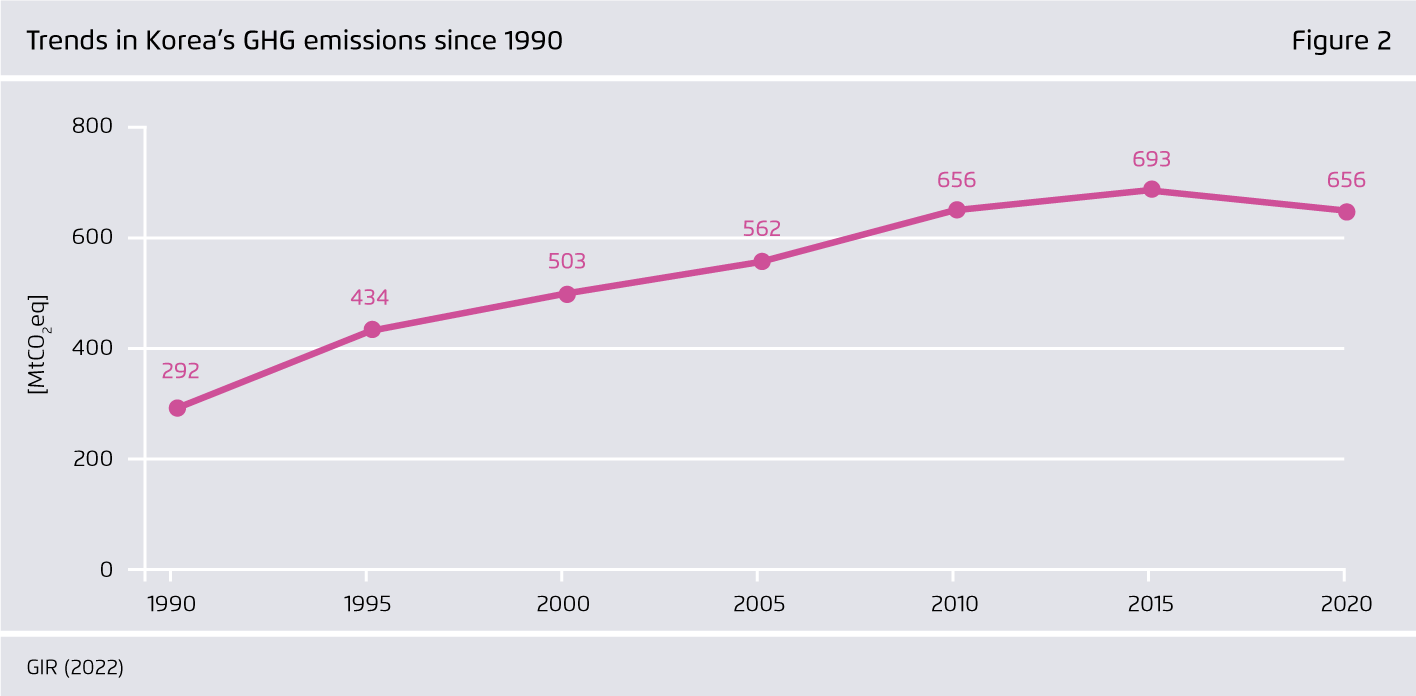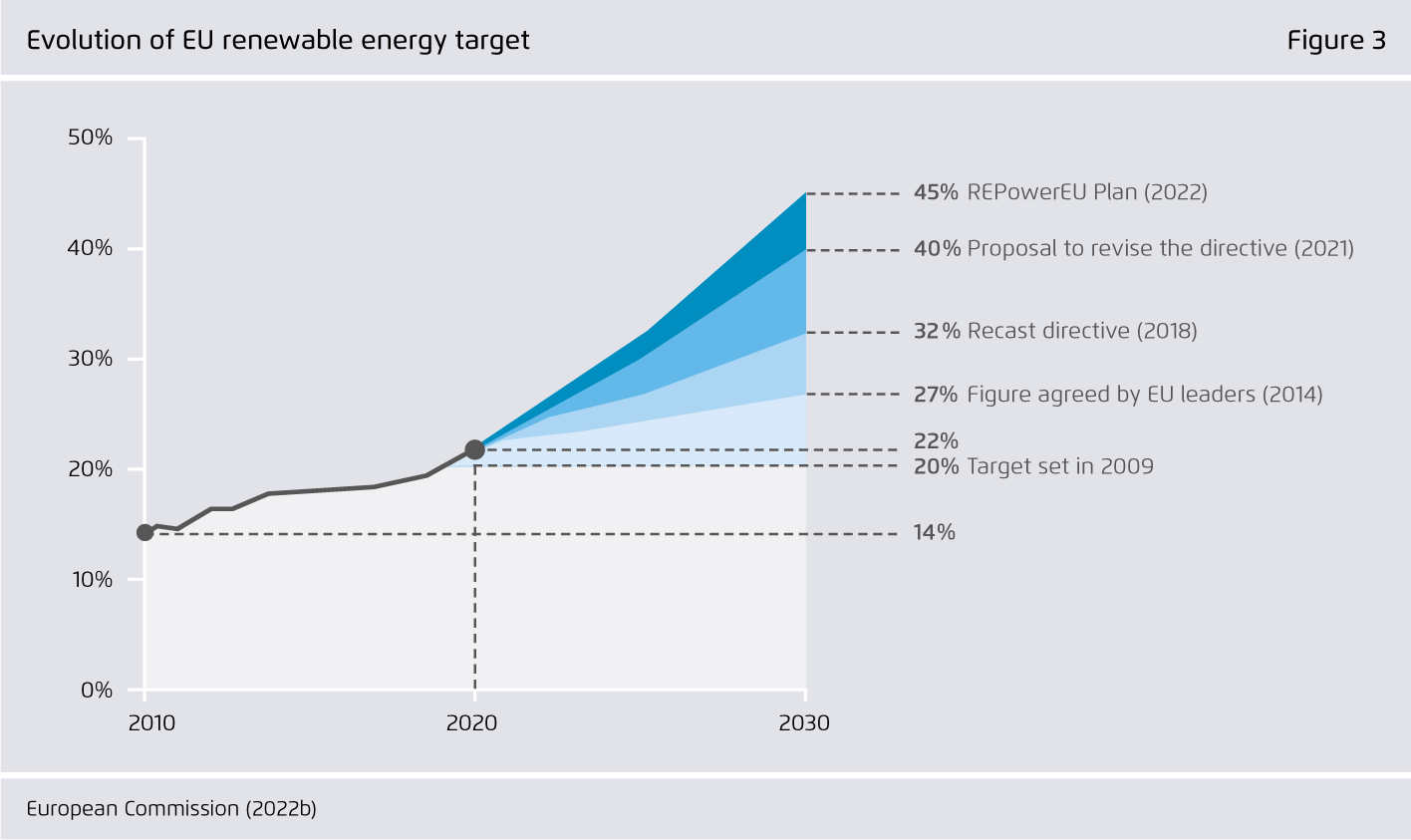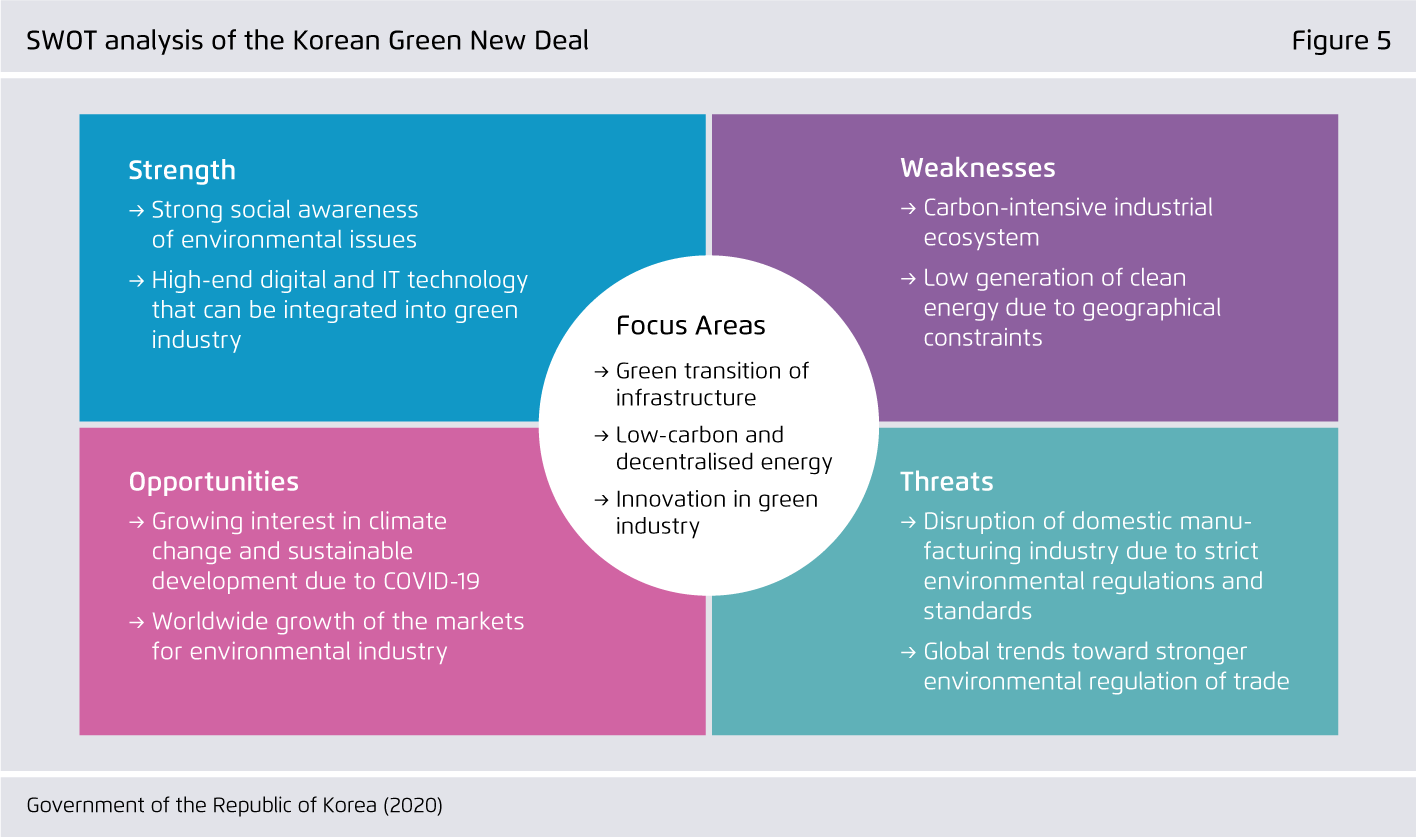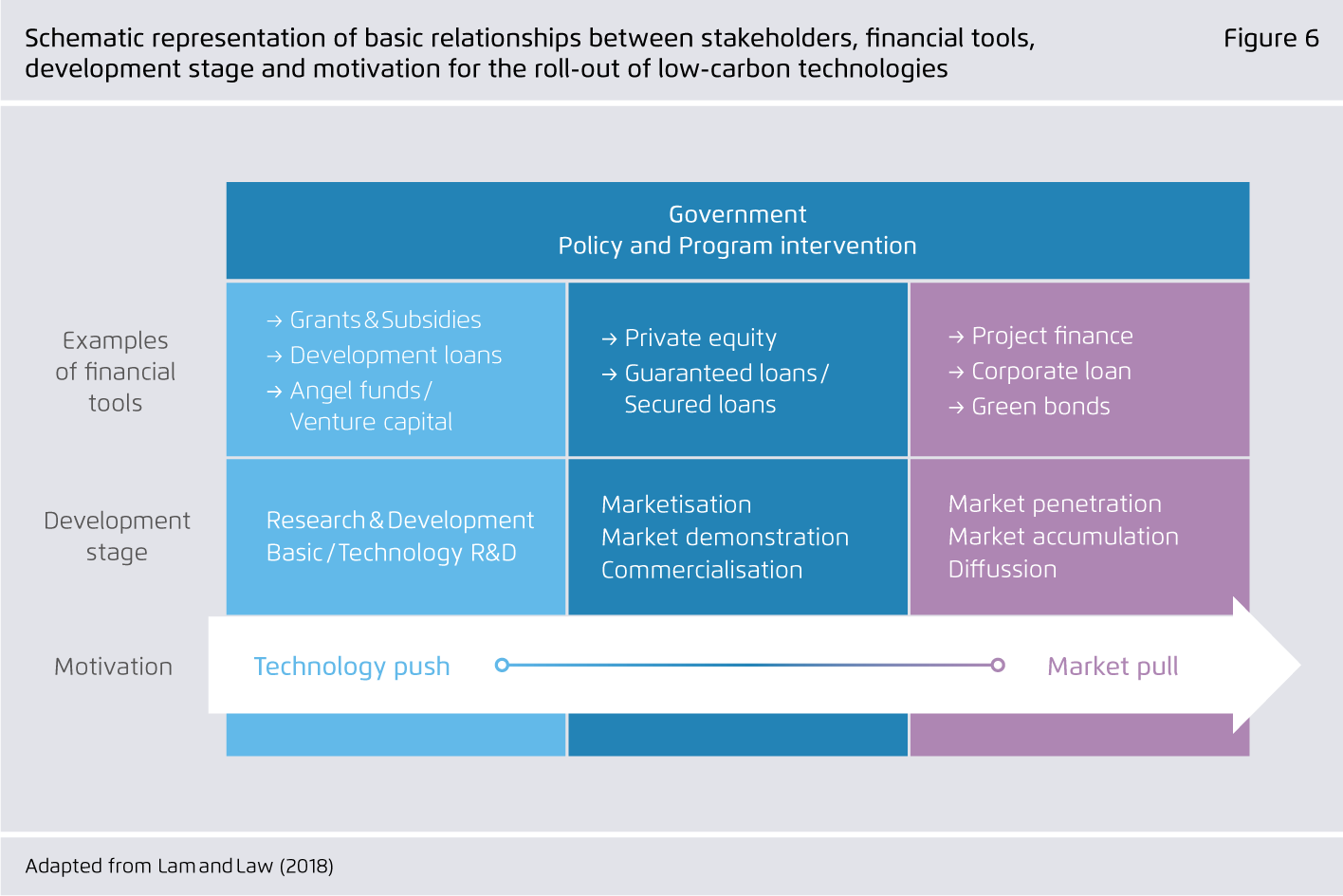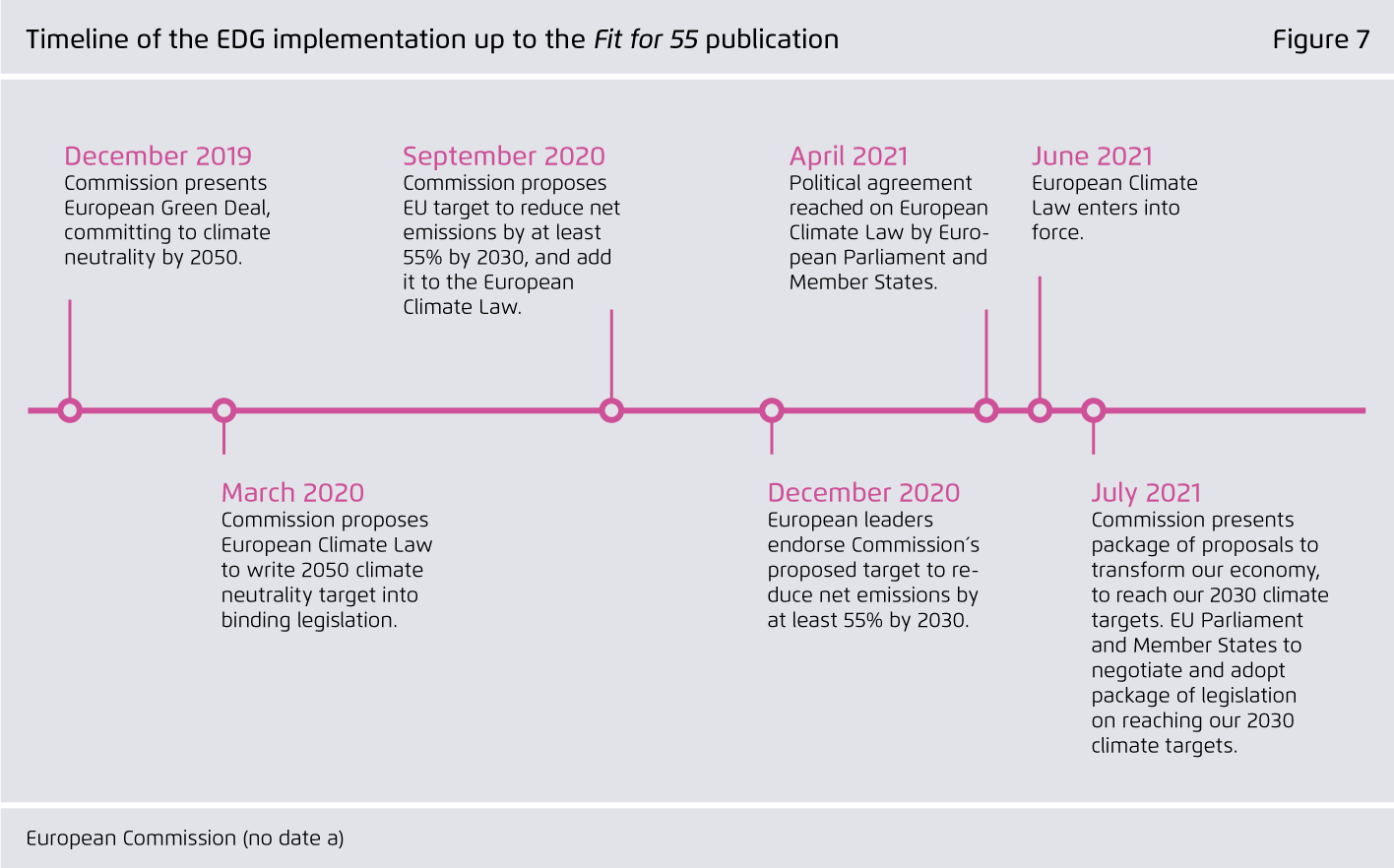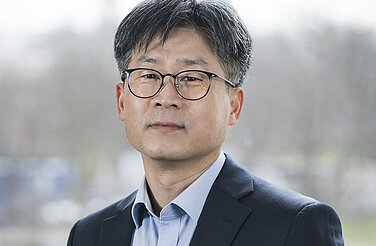-
Effective Green Deal policies are based on strong policy leadership, adequate financial endowment, and concrete legal competencies.
To reconcile climate policies with economic growth, the strategies must be established as a top priority among other policies. Large-scale governmental funding must be mobilised with adequate financial instruments to shift investments towards a green transition. Planning, implementation and evaluation of the strategy must be enshrined in law.
-
The European Green Deal (EGD) and the Korean Green New Deal (KGND) establish green policies at the core of a new growth strategy, while differing in detailed policies and long-term roadmaps.
The EGD is a clear long-term green transition framework strengthening the mid-and long-term climate ambitions and including a just transition mechanism. The KGND is a more short-term strategy only up to 2025 based mostly on already existing measures without concrete sectoral roadmaps.
-
To support the implementation of its net-zero commitment by 2050, Korea should reinvigorate its Green New Deal framework.
The KGND has been an important framework for streamlining and strengthening Korea’s climate ambitions. The KGND has also encouraged the mobilisation of public finance into the green transition. However, the framework is yet to be sufficiently reinvigorated by the government that took office in May 2022.
-
The Korean Green New Deal requires a broader institutional and organizational foundation.
The KGND must be anchored under the direct responsibility of the President of Korea. Inspired by the EGD, the KGND needs a set of adequate policy measures, such as cross-sectoral roadmaps and regulatory instruments including an assessment mechanism of the level of required investments.
-
Related


